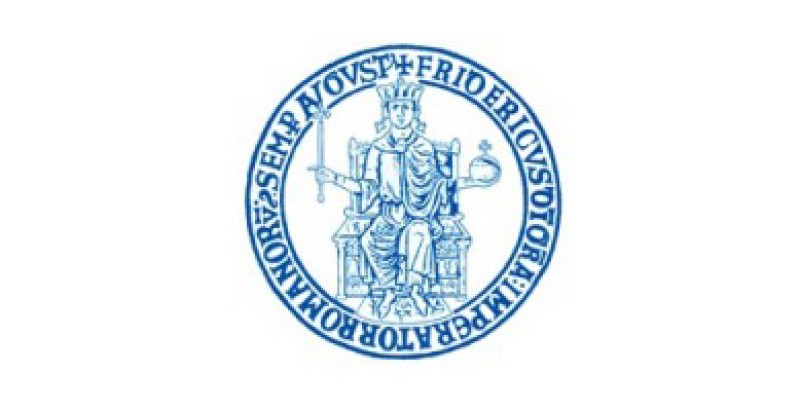Sub-theme 48: Theorizing Power in, through and from Leadership Development
Call for Papers
Research into leadership development has certainly accelerated over this last decade with wider interest in research,
not just from the perspective of how development is undertaken, but in the development site as a space where organizational
phenomena are engaged with and enacted in ways that give insight into the fundamental dynamics, processes and structures of
organizations. This sub-theme seeks to explore power and its close associates-struggle, influence, control, resistance, mobilisation-as
central in the development of leadership as its sits between organizations, development participants, facilitators and professionals,
wider communities and societies in a global world. We note we understand leadership to mean the multiple interactions involving
leading and following throughout intersecting configurations of social actors.
This sub-theme builds on a number
of coherent strands of recent literature such as the production of identities from development interventions (Ford & Harding,
2007; Ford et al., 2008; Gagnon & Collinson, 2014; Sinclair, 2009) through processes of subjectification, normalisation,
surveillance and self- technologies. An additional line of research has been built from researchers who understand themselves
as complicit in the power relations of leadership development in their roles as providers, teachers, facilitators, presenters
and assessors (Ford & Harding, 2007; Ford et al., 2008; Sinclair, 2009; Nicholson & Carroll 2013; Carroll & Nicholson
2014).
However, a far wider range of theoretisations and approaches to power are available to explore the complexities
of how leadership is developed and sustained both in designated development interventions and informal relational and contextual
moments. Thus this theme invites those who would call themselves leadership development researchers but equally those interested
in exploring power and its effects in the practices, processes and structures that do constitute or play some part in the
development of what we call organizational leadership.
For instance process, practice and actor network theories
would understand power as emerging in interactions between actors, artefacts and contexts over time and made visible in discursive,
relational ways. These broaden the scope of leadership development beyond formal programmes, informed by post-disciplinary
theories of power functioning "infra-politically" (Fleming, 2014, p. 2) through enrolling/ tapping into the informal organization
sphere, 'the whole person', life style, and non-work attributes. Equally critiques of power focusing on elites and those marginalised
or complicit in organizational 'power games' or relational psycho-dynamics (Oshry, 1999; Aram et al., 2012) offer intriguing
future directions. Underdone currently is attention to corporeal experiences of participants and, the demands faced by developers,
trainers, coaches, academics, facilitators, administrators, assessors; and the experiences of dependency and autonomy in 'being
developed' deserve closer scrutiny (Sutherland, 2013). This includes the emotional and aesthetic labour of 'looking good and
sounding right' (Butler, 2014).
This sub-theme creates a space where multiple approaches to power, its appropriation,
misuse, distribution and transformation can critique leadership development and its actors, organizations, institutions, entities,
artefacts and communities. We invite papers addressing but not confined to the following questions:
- What forms do power, resistance, struggle and control take in leadership development? How are these forms shaped and who is involved and how do these differ internationally?
- What agencies, discourses, relationships, practices, processes and artefacts associated with leadership development invite an exploration of power, resistance, struggle and control? How are these produced, transformed and consumed in the process of developing leadership?
- Why is the development of leadership attracting interest, resource, institutional legitimacy, and a global industry?
- What are the relationships between power, powerlessness and empowerment in the development of leaders and leadership?
- What illusions, fantasies, myths, stories, archetypes and conflicts have power in leadership development? For whom? To what end?
- Can we understand the aesthetics of leadership/power development, its senuousness, pleasures, beauty and ethical satisfactions?
References
- Aram, E., Baxter, R., & Nutkevitch, A. (eds.) (2012): Group Relations Conferences. Tradition, Creativity, and Succession in the Global Group Relations Network. London: Karnac Books.
- Butler, C. (2014): "Wanted – straight talkers: stammering and aesthetic labour." Work, Employment and Society, 28 (5), 718–734.
- Carroll, B., & Nicholson, H. (2014): "Resistance and struggle in leadership development." Human Relations, 67 (11), 1413–1436.
- Fleming, P. (2014): "When 'life itself' goes to work: Reviewing shifts in organizational life through the lens of biopower." Human Relations, 67 (7), 875–901.
- Ford, J., & Harding, N. (2007): "Move Over Management. We Are All Leaders Now." Management Learning, 38 (5), 475–493.
- Ford, J., Learmonth, M., & Harding, N. (2008): Leadership as Identity. Basingstoke: Palgrave Macmillan.
- Gagnon, S., & Collinson, D. (2014): "Rethinking global leadership development programmes: the interrelated significance of power, context and identity." Organization Studies, 35 (5), 645–670.
- Nicholson, H., & Carroll, B. (2013): "Identity undoing and power relations in leadership development." Human Relations, 66 (9), 1225–1248.
- Oshry, B. (1999): Leading Systems: Lessons from the Power Lab. San Francisco: Berrett-Koehler.
- Sinclair, A. (2009): "Seducing Leadership: Stories of Leadership Development." Gender, Work & Organization, 16 (2), 266–284.
- Sutherland, I. (2013): "Arts-Based Methods in Leadership Development: Affording Aesthetic Workspaces, Reflexivity and Memories with Momentum." Management Learning, 44 (1), 25–43.


